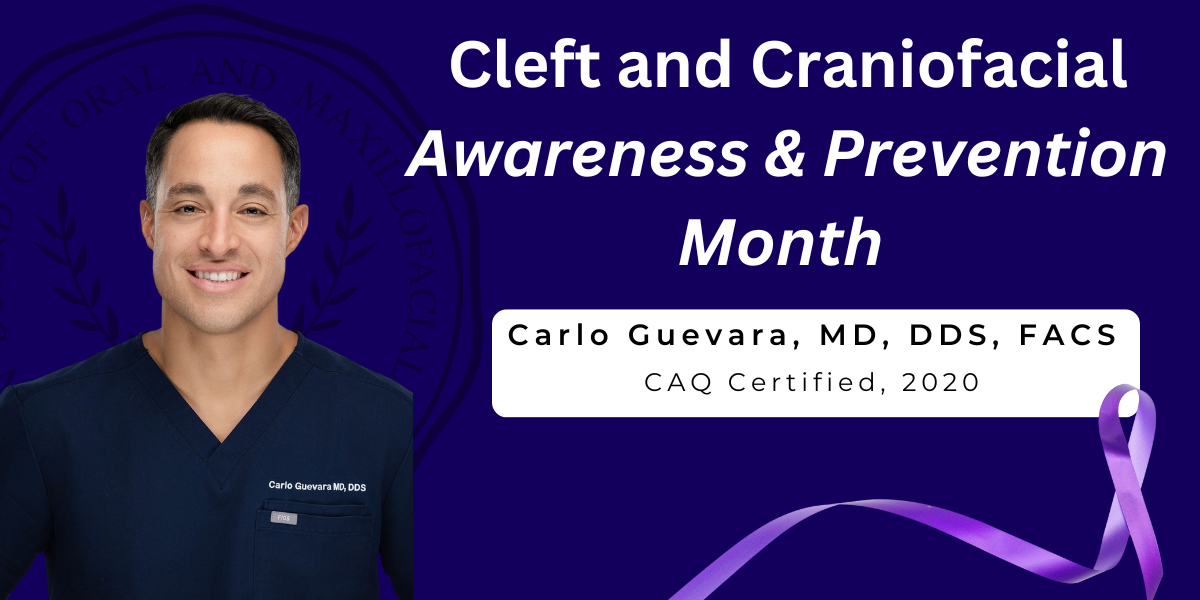
Jul 31, 2025
The Global Impact of Oral and Maxillofacial Surgeons - Reflections from Dr. Carlo Guevara
Many Diplomates of ABOMS choose to volunteer their time and surgical skills to care for patients in underserved regions around the world. Carlo Guevara, MD, DDS, FACS, shares his personal experience on these mission trips including the impact they have not only on the patients, but also the surgeons who serve.
Tell us about your recent mission trips to Vietnam and Guatemala. What drew you to these specific locations and populations?
I have been participating in Cleft Lip and Palate surgical mission trips for the past 10 years. I have been fortunate enough to operate in Vietnam, Guatemala and Thailand. Currently, I travel annually to Guatemala and have returned there 8 different times. One of the service groups that I have become affiliated with has strong ties to the country. I have plans to visit other regions of the world as an operating surgeon, including Africa and the Middle East.
How has volunteerism influenced your view on patient care? Has it impacted your career?
Surgical mission work is important to keep our perspective grounded from a broader viewpoint. Although there are many patients in need in the United States, the levels of poverty in many developing countries is unfathomable to people who grow up in a sheltered environment.
Share a memorable patient story from one of your international missions that exemplifies the impact of this work.
One of the most rewarding aspects of continued surgical mission trips is the ability to have regular, yearly follow up with my patients. I have seen babies follow up for lip and then palate surgery for consecutive years. This has allowed me to track their healing, and surgical results. It is amazing to see the growth and development of these children.
What initially drew you to pursue the CAQ in Pediatric Craniomaxillofacial Surgery, and how has that affected your involvement in international mission work?
I think the ABOMS CAQ in Pediatric Craniomaxillofacial Surgery is an important landmark to show your dedication to the subspecialty and the extra training that you go through to become a Cleft Surgeon. I believe that surgeons should not travel abroad to "learn" how to do cleft surgery. These international patients need to be treated with the same standards as patients in the United States. Being "cleft surgery trained" should be a prerequisite to be able to perform cleft surgery on these patients.